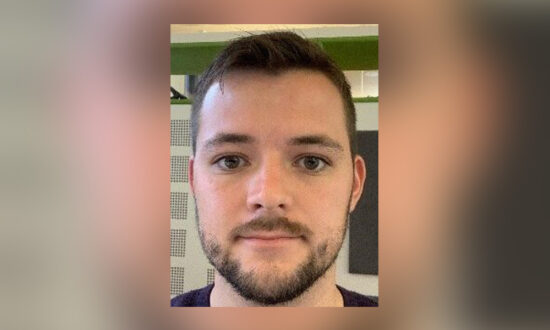
Course introduction
This course brings together contributions from different disciplines: bioprocess technology, applied physics, transport phenomena, molecular biology and biomedical sciences. They all address different elements on the coupling between several time and length scales in the simulation of different bioprocesses (e.g. bioreactor and bioprocess operation, microbial strain improvement, tissue and organ cultivation, plant design and integration). Computational methods will deepen the understanding of the connecting principles between different scales.
The idea of this course is to move from large-scale industrial bioprocesses (hectometers/days) down to the intracellular level (nanometers/microseconds), through several intermediate scales. These intermediate scales describe details inside the bioreactor (meters/hours) and in multicellular aggregates, as e.g. appearing in biofilms or tissues (millimeters/seconds). Top-down approaches allow answering particular questions in a natural way: a quantitative understanding at a higher level will – due to progressing insight or new requirements – be enhanced by details revealed by smaller scales approaches. A higher resolution description of the system will require a greater experimental effort to identify mechanisms and parameter values, together with considerably larger computational expenses. With the material presented in the course, the participants will better grasp the complexity of multileveled systems based on the underlying mechanisms. The increasing power of computational methods and hardware drastically reduces the need for simplification and thereby enhances the predictive capabilities of numerical models and our level of process understanding. This trend is expected to further develop at high pace.
2 - 6 March 2026 Delft University of Technology, the Netherlands
Advanced Course Modelling and Computation for Micro-organisms in Bioprocesses
Programme
- Industrial bioprocess design, integration and flowsheeting
- Gradients (concentration, shear rate, temperature) in bioreactors coupled to dynamic microbial response and compartmented kinetic models
- Industrial fermentation models with computational fluid dynamics and reaction dynamics by Euler-Lagrange approach and cell lifelines
- Micro-gradients in multicellular aggregates (biofilms, granules, tissues)
- Single-cell models including membrane transport, metabolic variation, intracellular dynamics and genetic diversity
Study load
41 hours
Advanced Course Modelling and Computation for Micro-organisms in Bioprocesses
Who should attend?
The course is primarily aimed at academic and industrial specialists (MSc, PhD or equivalent experience) who seek broadening their knowledge and practical skills in multiscale modelling. Educational background in transport phenomena, basic reaction engineering and biotechnology is strongly advised. Affinity with biological systems is recommended.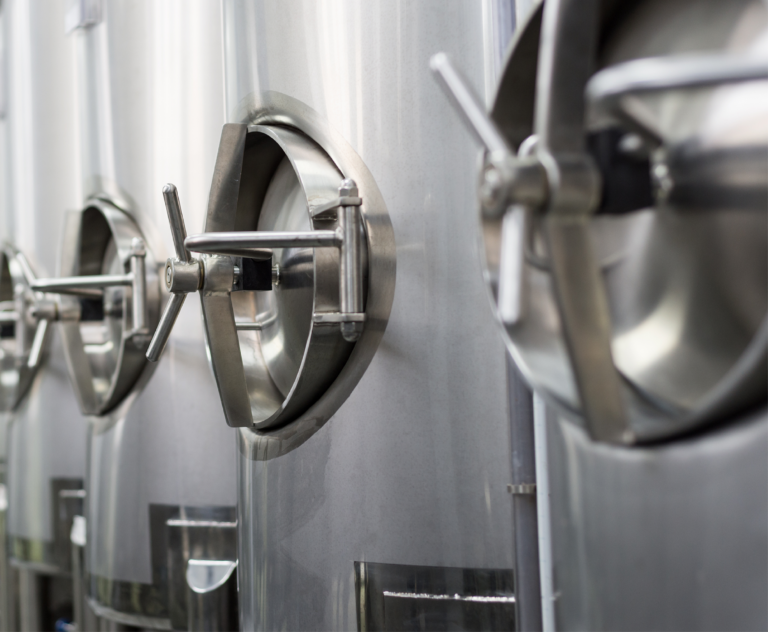
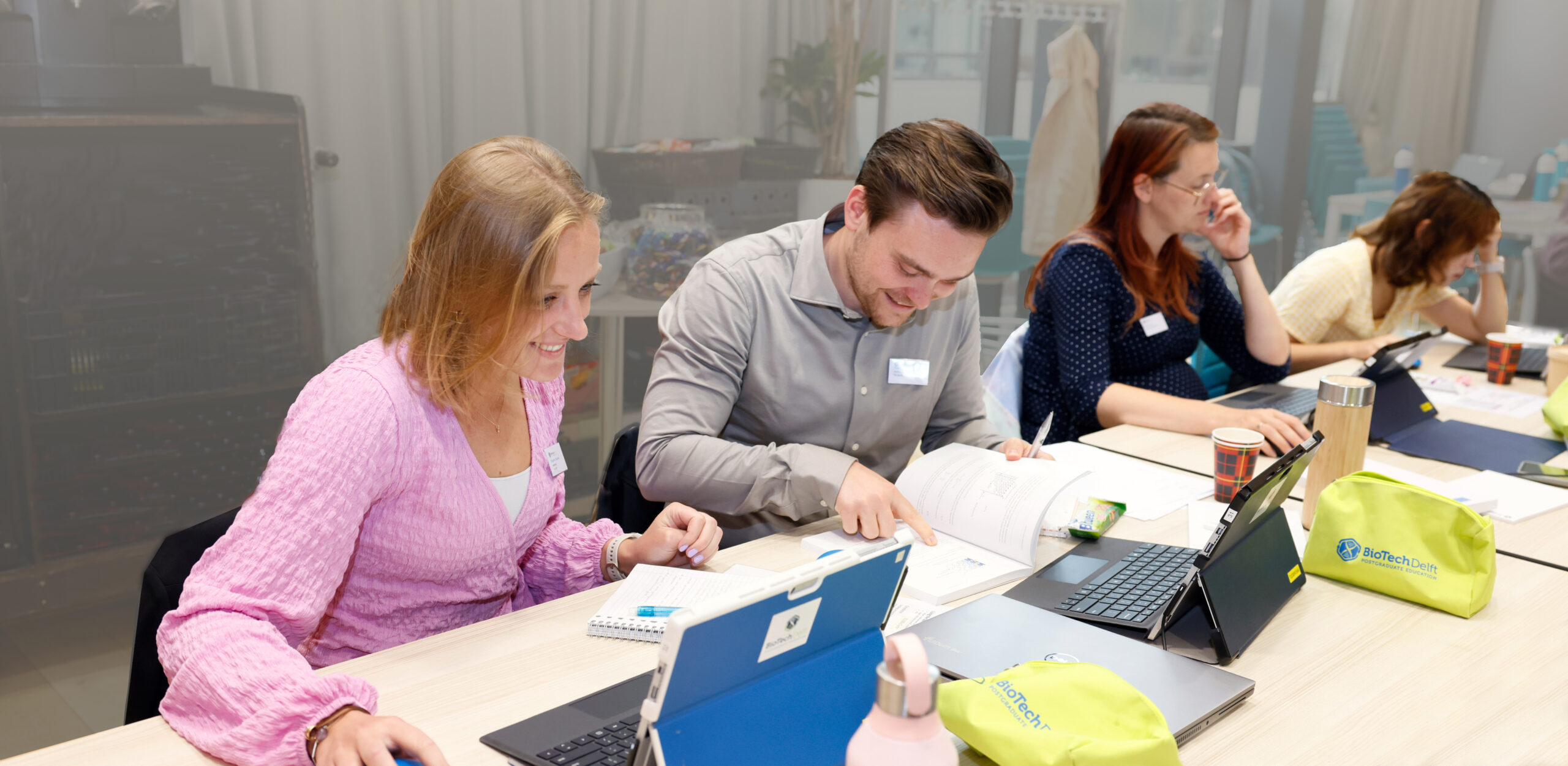
Advanced Course Modelling and Computation for Micro-organisms in Bioprocesses
Fee
*To be eligible for the reduced early bird fee you need to register before 22 December 2025. If this date is exceeded, the regular fee applies.
**A limited number of fellowships is available for PhD students and SME’s (small/medium enterprise). Fellowships will be available on a first-come-first-serve basis. To apply as to one of these fellowships, a copy either of your registration as a PhD student from your university or a proof of the SME-status of the company is needed. The fee mentioned on this webpage is the reduced fee.
The fee includes course materials, lunches and the buffets and the course dinners as indicated on the program. The fee does not cover other meals or lodging.
The course fee
Early bird*
€ 2.750,-
Regular fee
€ 3.000,-
Small and medium-sized enterprises (SME/Startups/scaleups)**
€ 2.000,-
Small and medium-sized enterprises (SME/Startups/scaleups) of Biotech Campus Delft**
€ 1.500,-
PhD Students**
€ 1.500,-
Advanced Course Modelling and Computation for Micro-organisms in Bioprocesses
Course board members
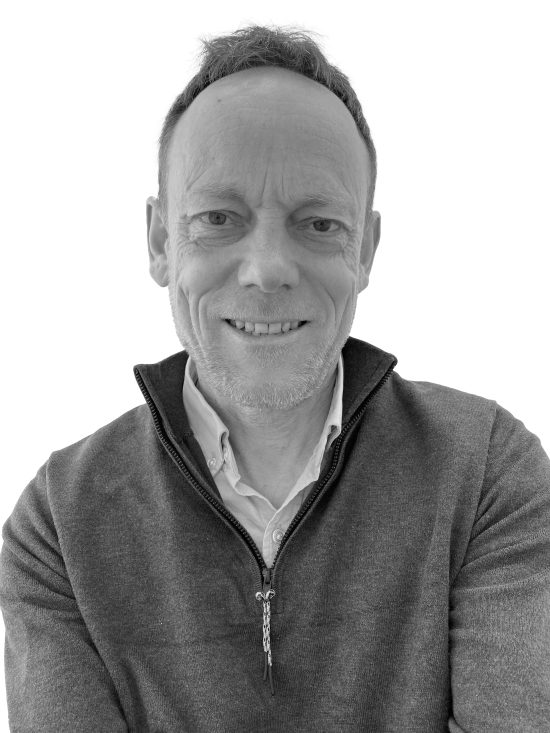
Prof.dr.ir. Henk Noorman
Board member
Dr.ir. Adrie Straathof
Board member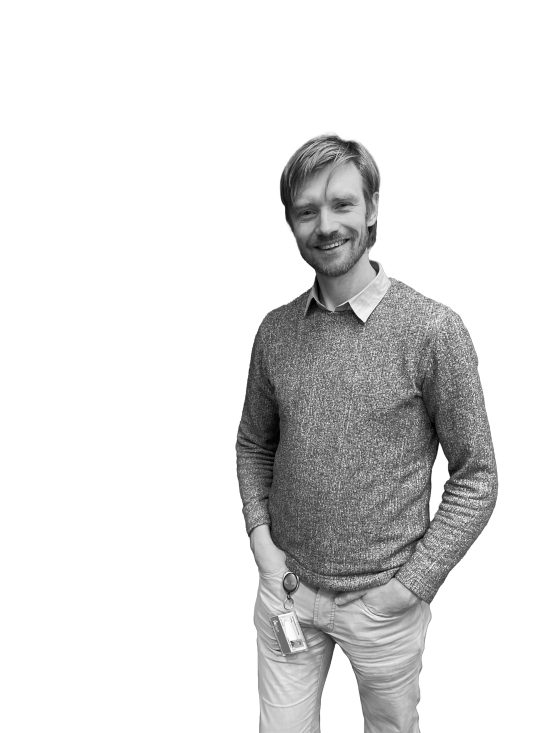
Dr.ir. Cees Haringa
Board member











